
Top stories






More news


Marketing & Media
Ads are coming to AI. Does that really have to be such a bad thing?













Climate change is real and is happening as we speak. National Geographic recently listed some of the impacts we are experiencing:
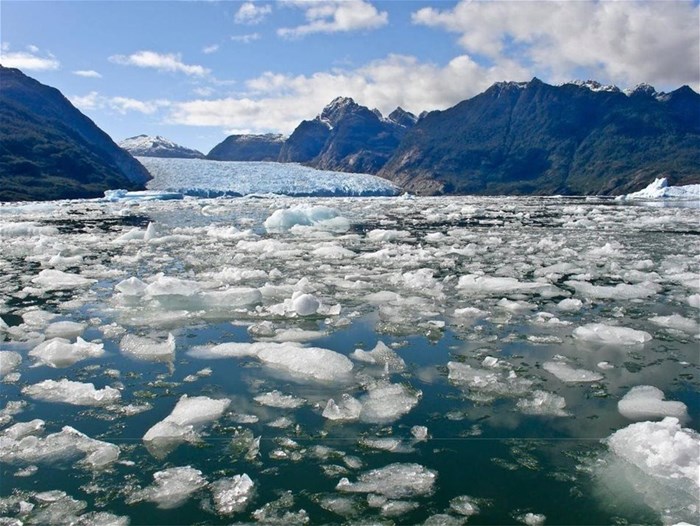
Wildfires in California and Australia. Tsunamis in SouthEast Asia. Drought and famine in Africa. The Atlantic hurricane season 2020. These may seem such huge issues that nothing can be done about them – but in reality the future is in our hands.
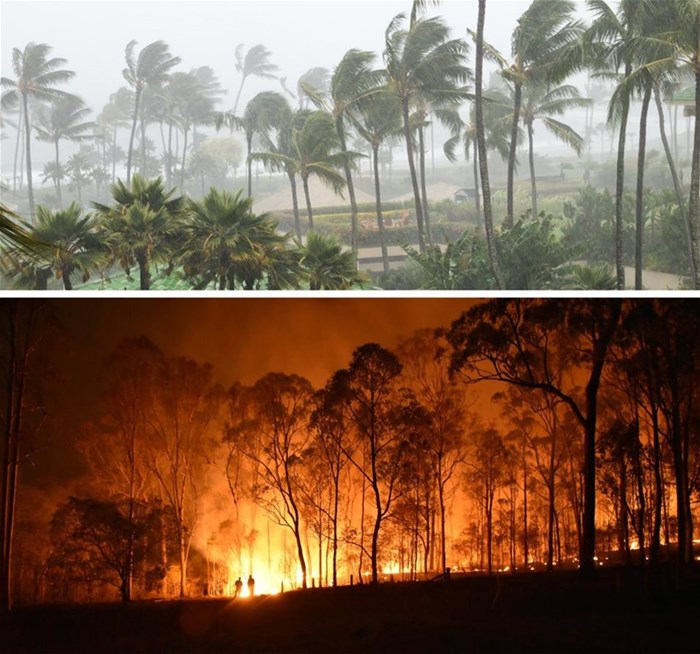
Here are the top 10 things you can do to mitigate climate change:
Our bodies are made up of 60% water - and we literally can’t live without it. We would only last for three to four days without H2O. One of the characteristics of climate change is the increase in the number and severity of weather events. A year ago, South Africa was ravaged by one of the worst droughts in living memory – some areas are still in crisis. And many believe the next world war will be about access to this most precious of commodities. So number one on the to-do list is: be water wise. Every drop counts. Showering, not bathing should be the norm. Using grey water in the garden. Checking for leaks and drips. Become a water warrior!

Did you know there are five garbage patches in our oceans?
The largest island of plastic floats somewhere between California and Hawaii and is known as the Great Pacific Garbage Patch (GPGP). Its surface area is about three times as big as France - 1.6 million square kilometers. In 2018, the Los Angeles Times reported that the size of the GPGP had increased to a total of 1.8 million pieces of plastic weighing roughly 87,000 tonnes. This is killing our oceans, fish, shell fish and marine mammals. Not only that but scientists estimate that 50-80% of the oxygen production on earth comes from plankton in the ocean – and the plastic is blocking the sunlight so the tiny unicellular plants can’t photosynthesise – which means they can’t absorb CO² or produce the oxygen we need to breathe.
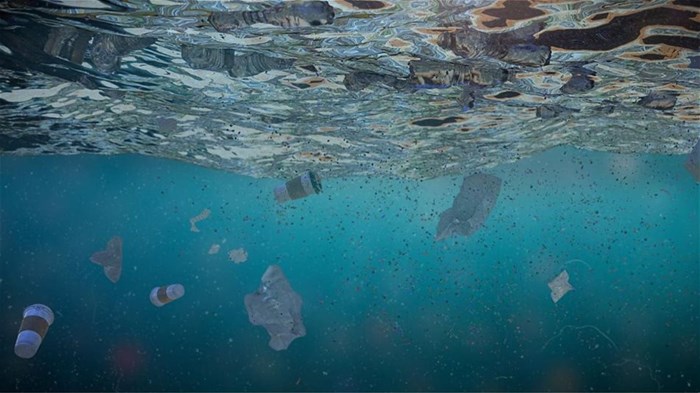
Trees and plants absorb the harmful CO², which is causing the greenhouse effect and resulting in global warming. Not only that but they use sunlight to reintroduce oxygen into the atmosphere. Our very own spekboom (bacon tree/pork bush!) is a wonder plant and is like a sponge for CO²– it has the ability to capture four to 10 tonnes of carbon per hectare! Go green bacon! So even if you don’t have a garden, growing spekboom in your home is doing the planet a service.
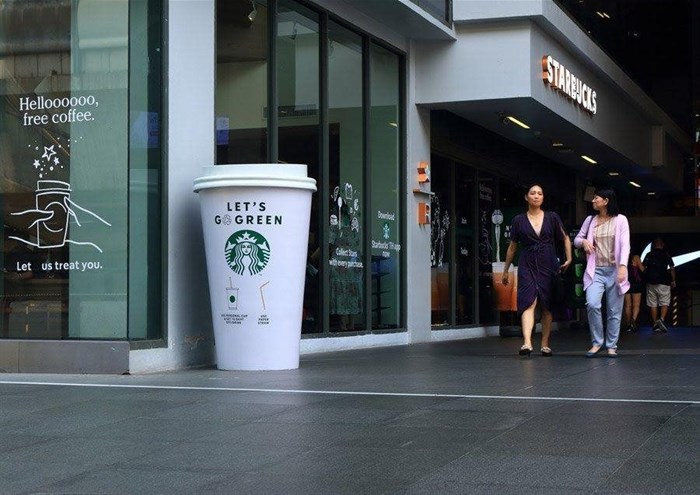
Walk/cycle/carpool. Emissions from the transport sector account for 10.8% of South Africa’s total greenhouse gas emissions, with road transport being responsible for 91.2% of them. In America if you carpool you get to use a designated lane on the freeway as a bonus. And in Germany driving in a car is old school. Walking, cycling, using public transport and investing in hybrid cars all contribute to a reduction in those gas emissions which are polluting our atmosphere and contributing to climate change.

According to the 2018 South African State of Waste Report, in 2017 South Africans generated 42 million tonnes of general waste, of which 4.9 million tonnes were recycled. This means that over 37 million tonnes of waste was sent to landfill to rot and pollute the atmosphere. Recycling (making the same things out of used items) and upcycling (making different things out of used material) both conserve energy and reduce pollution. Do the planet a favour and find out where your nearest recycling depot is – or arrange to have your recyclable waste collected. It takes a few minutes every day to sort it into the different categories (glass, paper, metal, plastic and electronic) but the benefits are enormous.
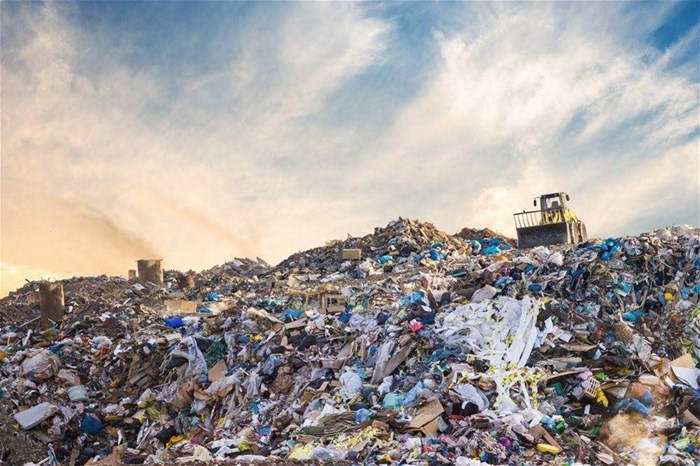
In South Africa, our main energy supplier is nonrenewable- and coal-based - bad news for the environment. Solar, wind, water and biomass are great for energy efficiency and for the planet. To support the diversification of SA’s energy supply, our three major banks Nedbank, Standard Bank and FirstRand will no longer fund ‘dirty’ coal fired power plants. What can you do? Let your bank or investment adviser know you do not want your investments to include fossil fuels. Back at home, buy energy efficient light bulbs and invest in solar panels – power your home by converting sunlight via photovoltaic cells – it will help reduce carbon emissions and save you money in the long run.

According to the World Wildlife Fund (WWF) about one-third of all the food produced in the world goes to waste. That’s equal to about 1.3 billion tonnes – and when we waste food, we also waste all the energy and water it takes to grow, harvest, transport and package it. And if food goes to the landfill and rots, it produces methane—a greenhouse gas even more potent than carbon dioxide. Here are some tips to help reduce waste:
✔Make a list and buy only what you need.
✔Give some love to leftovers – make them into soups, stews, curries, smoothies, jams, stocks – and get your waste down to a minimum.
✔Put your deep freeze to work.
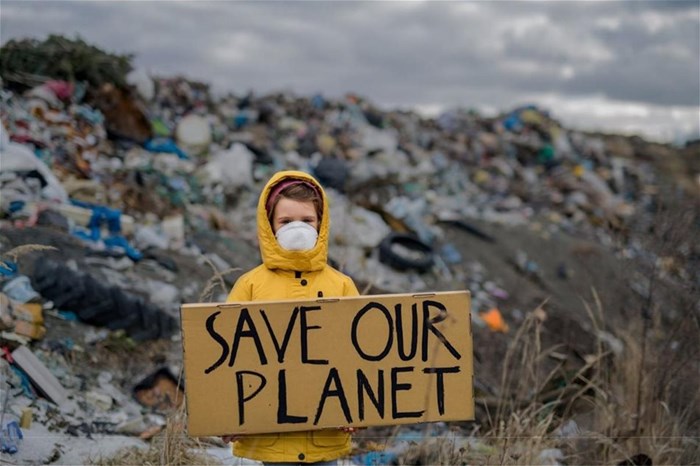
For your health and that of the planet make the move - reduce meat consumption. Go plant-based. Buy organic. Grow your own. In September 2019, the Intergovernmental Panel on Climate Change (IPCC) produced a special report Climate Change and Land compiled by 100 experts around the world – in it plant-based diets are cited as a major opportunity for mitigating and adapting to climate change ― and included is a policy recommendation to reduce meat consumption. Earth has three major lungs – the Amazon jungle, the Philippine jungle and the Congo jungle. They are massive carbon sinks and responsible for the majority of land-based oxygen production. Massive deforestation is happening in Brazil to make way for cattle farms – and the cattle themselves produce tonnes of methane which is adding to the greenhouse effect. In the Philippines, massive deforestation is taking place, destroying the natural habitat of the Orangutan and other forest dwellers. The forest is being replaced with palms to grow the cheap palm oil, which is present in a massive number of everyday food products. Reading labels on food packets gives you all the information you need to choose whether or not to support this industry. Making informed choices about what to consume is empowering – and markets dictate production. But it is not only the planet that wins. Plant-based diets are high in fibre, which is good for lowering cholesterol and stabilising blood sugars.

As we say in South Africa – thetha. There are many climate change forums around the world which fuel the information highway. Being informed is crucial when confronted by denialism. Speak to others. Educate and inform. In 2006, then-Vice President of the USA, Al Gore’s film An Inconvenient Truth pieced together incontrovertible evidence of climate change. The film generated worldwide interest and resulted in a new era of climate change activism. The baton has been ably taken by the younger generation, one of whom is Greta Thunberg. When we join a conversation and communicate, the energy for change gathers momentum. You can make a difference.

Ensure you have solid environmental, social, governance (ESG) practices embedded in your business. Prospective investors are becoming increasingly interested in a company’s policies regarding sustainability – and to prove it the big four accounting firms, Deloitte, PwC, EY and KPMG, have got together to produce a White Paper to try to agree on a common set of ESG principles.
The White Paper, Measuring Stakeholder Capitalism: Towards Common Metrics and Consistent Reporting of Sustainable Value Creation, was released at the World Economic Forum’s Sustainable Development Impact Summit in September 2020 and is based on 21 core metrics and 34 expanded disclosures under the four pillars: people, planet, prosperity and principles of governance. Growing the sustainability movement and ensuring your supply chain is compliant is in your hands.
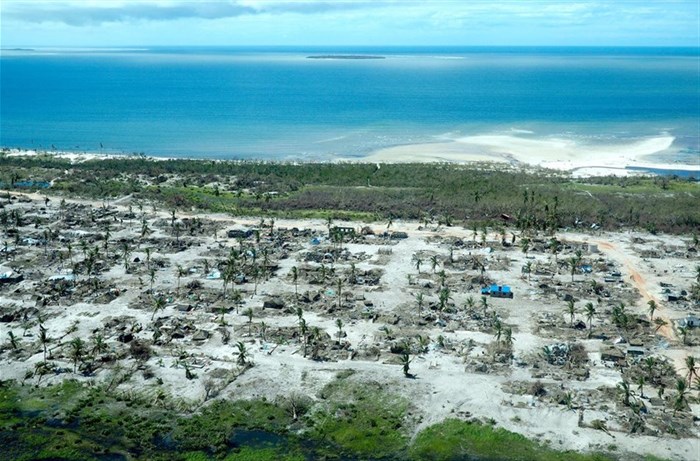
We are in this together – and – once again to quote the inimitable Ms Thunberg:
Together and united, we are unstoppable.The latest edition of ESG Top Sustainable Companies is launching soon! To showcase what your organisation is doing please contact me on az.oc.ocpot@nilekaw.anoif.

Fiona Wakelin - Topco Media group editor